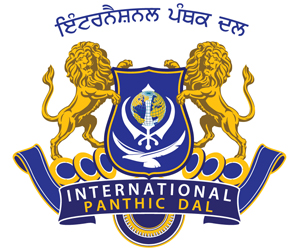A court case that lasted many years would have made headlines in most western countries, but this is India, where hardly anyone has batted an eyelid over this (’12 Convicted for 1987 Bank Heist’) lengthy trial.
One of the convicted is over 93 years of age and have been sentenced to 10 years, some indicate that concerns about health have been disregarded, and argue it is a death sentence rather than a custodial one.
Indian courts have large backlogs. For instance, reports say Delhi High Court has a backlog of 466 years according to its chief justice.
It is an established fact which the Govt. of India accepts that there is 40% shortage of judicial staff. Opposition and ruling party’s corrupt politicians profit from the delays in the system.
Corruption is rampant in India’s courts. According to Transparency International, judicial corruption in India is attributable to factors such as “delays in the disposal of cases, shortage of judges and complex procedures, all of which are exacerbated by a preponderance of new laws”. Most disturbing is the fact that corruption has reached the highest judicial forum i.e. Supreme Court of India On January 12, 2012, a Supreme Court bench said that people’s faith in judiciary was decreasing at an alarming rate, posing a grave threat to constitutional and democratic governance of the country. It sincerely acknowledged few of the serious problems such as –
1. Large number of vacancies in trial courts,
2. Unwillingness of lawyers to become judges,
3. Failure of the apex judiciary in filling vacant HC judges posts.
Corruption in the judiciary goes beyond the bribing of judges. Court personnel are paid off to slow down or speed up a trial, or to make a complaint go away. Judges are also subject to pressure from above, with legislators or the executive using their power to influence the judiciary, starting with skewed appointment processes. Citizens are often unaware of their rights, or resigned, after so many negative experiences, to their fate before a corrupt court.








